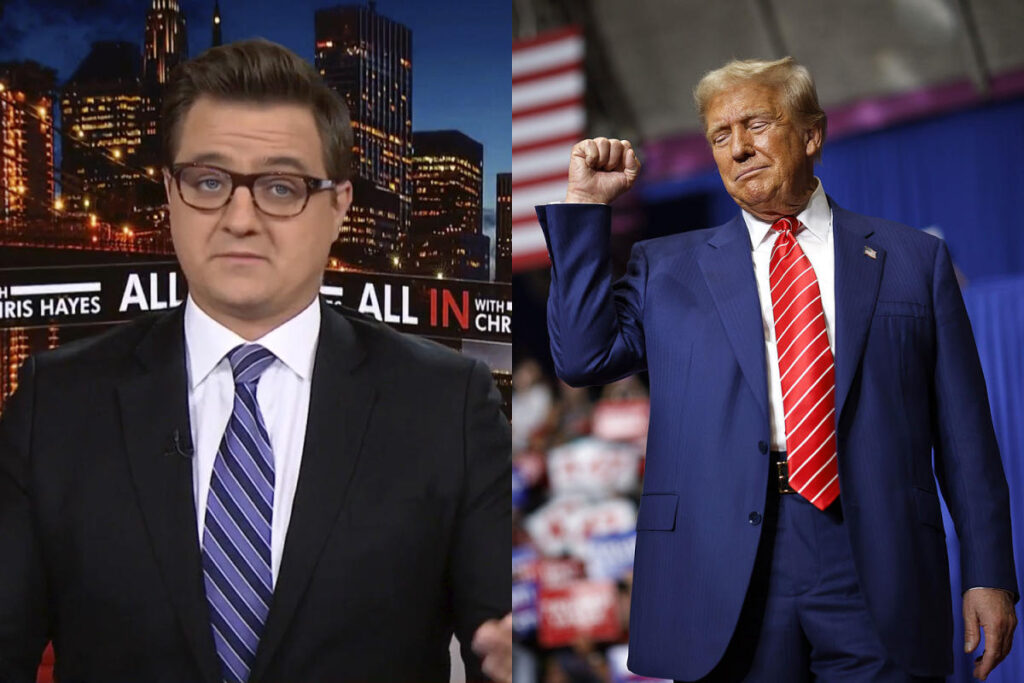In a recent speech delivered in Pittsburgh, former President Barack Obama criticized Donald Trump for spreading disinformation in the wake of hurricanes Helene and Milton. Obama charged that Trump is “a guy who will just lie … to score political points,” pointing out the moral implications of intentionally misleading the public during crises. He raised a poignant question directed at Republicans and conservatives who might disagree with him: “When did that become OK?” This statement underscores the ethical degradation in political discourse, suggesting a troubling shift in how truth and integrity are regarded in public life. For Obama, the ability of political leaders to manipulate facts for personal or political gain poses a serious threat to the very fabric of trust that binds elected officials to their constituents and civic institutions.
The disinformation surrounding the recent hurricanes highlights a disturbing trend that has been cultivated over several years, particularly by right-wing factions, including Trump. During his presidency, Trump’s handling of the COVID-19 pandemic exhibited a similar pattern of deception, where he continuously sought ways to embellish his public image as the situation deteriorated. Instead of providing honest information, Trump sought to downplay the severity of the virus and promoted dubious medical remedies while actively sowing distrust in critical health institutions and professionals. This approach led to thousands of preventable deaths, as the public became misinformed about essential health measures and vaccines. The resurgence of this disinformation tactic in the aftermath of Helene and Milton indicates a lethal strategy to reclaim political power, with little regard for the consequences of misleading the public.
The impact of this disinformation on local Republican lawmakers is apparent through the behavior of figures like Rep. Ana Paulina Luna, who represents a district heavily affected by the hurricanes. Despite her desperate attempts to reassure constituents that the government would provide necessary assistance, her prior statements included false claims that inflamed public fears about federal aid. Her claims suggested that FEMA was under-resourced and more focused on aiding undocumented immigrants than disaster victims, perpetuating harmful narratives and instilling panic among her constituents. By contrasting her reassurances with previously shared misinformation, Luna exemplifies the cognitive dissonance created by the intertwining of misleading rhetoric and authentic governance, leaving her constituents in a state of confusion about the reliability of government aid.
The pattern of disinformation currently exhibited in Republican politics extends beyond individual politicians; it forms a crucial component of the party’s overall strategy. By fostering an environment of skepticism around public agencies, media, and experts, the goal is to construct an alternate reality that aligns with party interests, wherein adherence to a ‘greater leader’ supersedes objective truth. This phenomenon resembles the behavior seen during the pandemic, whereby false narratives led to collective misinformation, undermining public health responses and creating an atmosphere of fear and mistrust. As trust in public institutions erodes, the repercussions are severe; not only do lives hang in the balance during health crises, but the ramifications are magnified in disaster scenarios, as evidenced by the aftermath of natural calamities.
In acknowledging the scope of these deceptions, it becomes increasingly clear that the propagation of falsehoods is not merely incidental but rather fundamental to the political landscape embraced by Trump and his supporters. This leaves communities grappling not only with the immediate impacts of natural disasters but also with the added burden of navigating a web of lies that distorts reality and hinders effective recovery efforts. The erosion of trust occurs not just in the political arena but in the broader societal context, where citizens become disillusioned with public resources intended to assist them. Consequently, the survivors of disasters like Helene and Milton confront not only the physical devastation but also the chaos wrought by a crisis of trust.
This troubling dynamic emphasized by Obama reflects urgent questions regarding political ethics and accountability within American democracy. The dangers of manipulation and misinformation pose a serious threat, not only leading to a loss of life but also compromising the communal frameworks that allow societies to recover and thrive in times of need. As the political climate becomes increasingly polarized, it raises the question of whether there’s a capacity for bipartisan dialogue to reclaim the essence of truth in political rhetoric. With lives and livelihoods at stake, there is a pressing necessity for political leaders to prioritize honesty, integrity, and solidarity, particularly when their constituents are vulnerable and in dire need.
In summation, Barack Obama’s critique serves as an essential reminder of the critical role honesty plays in governance, especially amid crises. The disinformation perpetuated by Trump and his supporters illustrates a broader strategy to undermine trust in essential institutions, resulting in severe consequences for communities grappling with the aftermath of disasters. It reinforces the urgent need for responsible leadership that values truth over partisan gain, fostering a political environment rooted in transparency and accountability. As society navigates the complex interplay of governance and truth, the imperative to restore trust becomes not just a matter of political necessity but one of moral responsibility.

